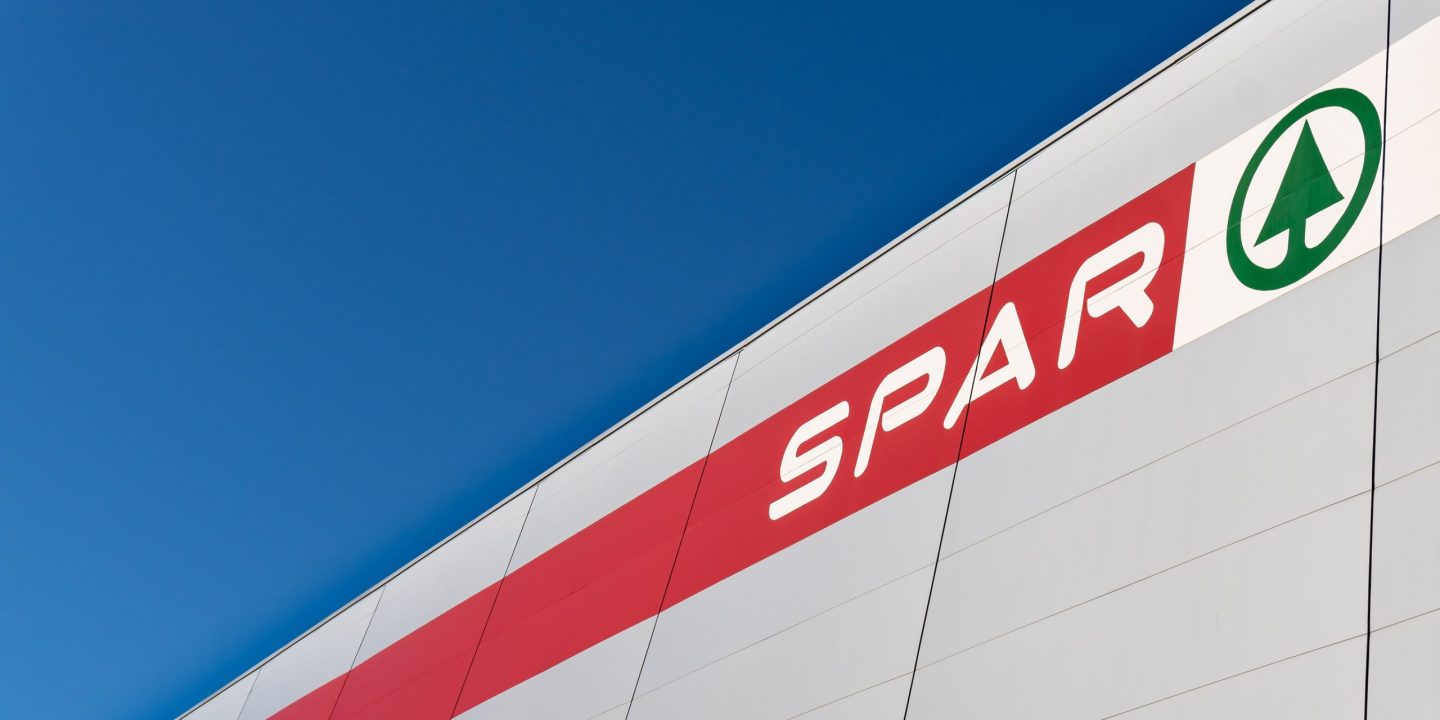
SPAR is working to recover from years of strategic missteps, but the retailer continues to face significant sales challenges, with 13 store closures recorded in the 18 weeks leading up to January 2025.
On Thursday, 27 February 2025, SPAR released a trading update providing shareholders with an overview of its performance for the 18 weeks ending 31 January 2025.
A major source of SPAR’s difficulties in recent years has been the problematic implementation of a SAP enterprise resource planning (ERP) system at its KwaZulu-Natal (KZN) distribution centre (DC). This was particularly damaging because SPAR is South Africa’s second-largest retailer, and the KZN DC is its most critical hub.
The failed SAP rollout severely disrupted order fulfillment for retailers, further exacerbated by inadequate staff training to handle the new system’s complexities. As a result, SPAR had to encourage KZN retailers to procure products from alternative suppliers, leading to diminished loyalty among store owners.
Some of the larger SPAR retail groups even opened accounts with competing wholesalers, and SPAR is still working to regain their trust.
The sharp decline in earnings from its South African operations, coupled with mounting foreign currency debt, led SPAR to breach its debt covenants. Meanwhile, its biggest competitor, Shoprite, has gone from strength to strength, consistently capturing market share from other retailers.
SPAR’s Recovery Efforts
In its latest update, SPAR reported that it has effectively resolved the SAP system issues in KZN, leading to significant improvements, particularly in pricing visibility.
“With targeted interventions, SAP architectural modifications, and a thorough understanding of the system, KZN has experienced a positive turnaround,” the company stated. “Loyalty levels are improving, and both gross profit and trading profit margins have rebounded, marking four consecutive months of profitability.”
The next phase of SPAR’s full system rollout will focus on the Build it Imports Warehouse and the Eastern Cape distribution centre in the first half of 2026.
“Our margin recovery in Southern Africa will be supported by the improved performance of the KZN distribution centre, the ongoing disposal of non-performing corporate stores, and enhanced operational efficiencies,” SPAR noted.
European Operations and Divestments
Adding to its struggles, SPAR has faced challenges with its European acquisitions, with the most problematic being its Polish operations. Purchased for a mere one euro, SPAR inherited the company’s existing debt and invested heavily in an attempt to revive the struggling business.
However, SPAR Poland suffered from low retailer loyalty, operated an undersized distribution centre, and accumulated significant financial losses alongside rising interest costs. With fewer than 200 stores and less than 2% market share, SPAR’s management overestimated their ability to turn the business around.
After over a year of negotiations, SPAR finally completed the sale of its Polish operations in January 2025. The company stated that with this divestment finalized, its broader European strategic review—set to conclude by June 2025—is progressing well.
While SPAR has made meaningful strides in improving operations over the past year, its financial performance remains under pressure as the full recovery process unfolds.
SPAR’s 18-Week Trading Update
During the 18-week reporting period, SPAR’s total sales from continuing operations declined by 1.6%.
In South Africa, however, retail sales showed resilience, increasing by 3.4% across its 2,029 supermarket and liquor stores, with same-store sales growing by 3%.
Growth was particularly strong in SPAR’s lower-income grocery stores, while its middle- and upper-income stores experienced subdued sales performance.
However, sales growth was impacted by the planned closure of 13 stores in the South Rand Region, reduced promotional activity, and supply chain disruptions affecting Mozambique’s grocery market.
Despite these challenges, SPAR successfully reduced operating losses from its corporate-owned grocery and liquor stores, thanks to improved performance and the closure of underperforming locations.
A bright spot in SPAR’s results was its on-demand shopping platform, SPAR2U, which saw a staggering 285% increase in order volumes. Additionally, its building material supply business, Build it, delivered solid revenue growth of 7.3%, while its pharmaceutical segment posted a strong 13.3% turnover increase, driven by robust performance in Wholesaler and Scriptwise sales.
Challenges in European Markets
SPAR’s European operations, which include the BWG Group (operating in Ireland and South West England) and SPAR Switzerland, continue to struggle.
The BWG Group reported a 1.6% sales decline in euro terms, primarily due to reduced consumer spending amid rising living costs. In the UK, shoppers have been shifting towards larger supermarket formats. While inflation in Ireland has eased, consumer behavior remains highly price-sensitive.
However, SPAR noted that BWG’s strategic initiatives—such as cost management, sales-driven campaigns, and new store developments—have helped mitigate some of the adverse effects of a tough trading environment.
“Operating expenses were well managed during the period, with margin improvements driven by a better sales mix and strong performance in specific product categories,” the company added.
SPAR Switzerland’s performance was also impacted by increased living costs and intensified competition, resulting in a 5.2% revenue decline in Swiss franc terms. However, the company emphasized that its private-label product range remains a competitive advantage, catering to growing consumer demand for affordability.
SPAR is set to release its full financial results for the six months ending 31 March 2025 on or around Wednesday, 4 June 2025.












